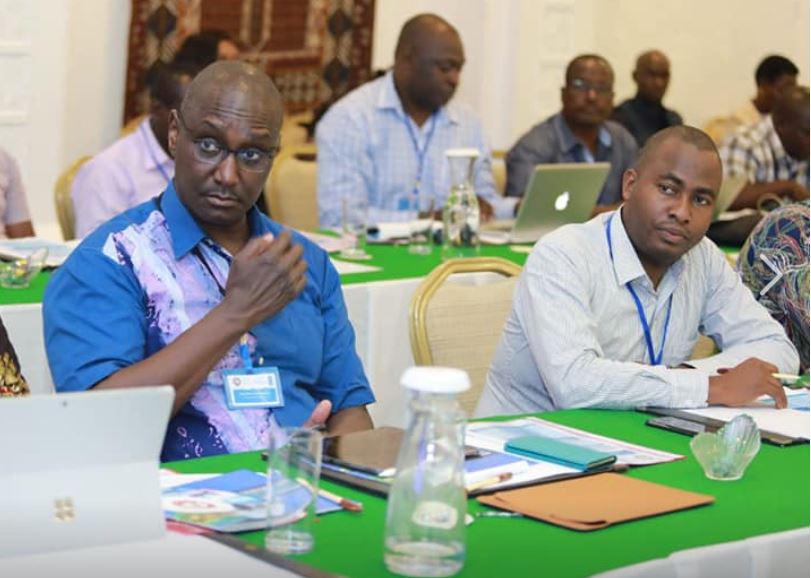×
The Standard e-Paper
Fearless, Trusted News

A high-level panel on sustainable ocean economy has kicked off in Mombasa with government officials rooting for joint efforts in addressing several factors hindering the region from benefits of the blue economy.
Key guest at the regional Western Indian Ocean meeting, Samson Mawathe rallied participants to fight water pollution, smuggling of contraband goods, and maritime terrorism among others that have deterred the growth of the sector in the region.